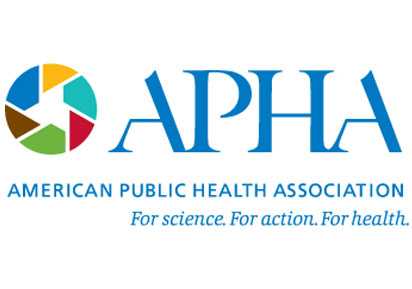American Public Health Association (APHA)
| < Back | Next > |
|---|
 A CHW is a:
A CHW is a:
- Trusted member of, or deeply understands, the community he/she serves
- Liaison between health and social services and the community
A CHW builds individual and community capacity through:
- Outreach
- Community education
- Informal counseling
- Social support
- Advocacy
View Transcript
[SPEAKER]
In a 2009 policy statement, the APHA defined a CHW as a frontline public health worker who either is a trusted member of the community she serves or has an unusually deep understanding of that community. Because of this relationship, the CHW is able to serve as a liaison between health and social services and the community to facilitate access to services and improve the quality and cultural competence of service delivery.
A CHW also builds individual and community capacity by increasing health knowledge and self-sufficiency through a range of activities, such as outreach, community education, informal counseling, social support, and advocacy.
This definition is based on a 2006 recommendation from APHA to the Bureau of Labor Statistics, which led to the creation of a new Standard Occupational Classification for CHWs effective in 2009. A number of elements of this definition also appeared in the one adopted by the Department of Labor. The APHA definition, however, goes a bit further than most to emphasize the capacity-building function of CHWs. Many definitions of CHW exclusively cover the service provision functions of the CHW, such as those listed on this slide.
- Page last reviewed: January 25, 2016
- Page last updated: January 25, 2016
- Content source:



 ShareCompartir
ShareCompartir